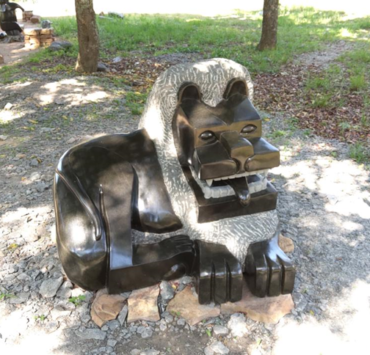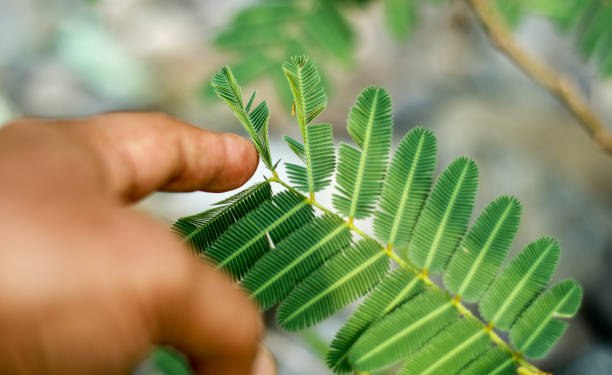You are a plant

Anselm Adodo is the Director of Africa Centre for Integral…
Exploring the Profound Connection Between Humans and Plants
Have you ever found solace in a lush garden or experienced tranquility surrounded by towering trees? Our connection with plants runs deep, and numerous studies have shown the positive impact of green spaces on our mental well-being. Whether it’s a stroll through a park, tending to houseplants, or simply gazing at a scenic landscape, plants can calm our minds, reduce stress, and increase our overall happiness. In addition, the vibrant colours and soothing scents of flowers and foliage can evoke a sense of serenity, helping us find balance in our fast-paced lives.
Throughout history, humans have recognized the sacredness of plants and their role in spiritual practices. From ancient civilizations to Indigenous cultures, plants have been revered for heightening consciousness, connecting with the divine, and facilitating healing. Whether it’s the burning of incense, the consumption of entheogenic plants, or the ritualistic use of herbal remedies, the spiritual significance of plants transcends borders and belief systems. Embracing this connection can open doors to personal growth, self-discovery, and a deeper understanding of the interconnectedness of all life.
Plants have been humanity’s original pharmacy for thousands of years. Traditional healing systems like Ayurveda, Traditional Chinese Medicine, and Native American remedies rely heavily on the therapeutic properties of plants. Plants offer many medicinal benefits, from pain relief and immune support to treating chronic illnesses.

Modern medicine also owes much of its progress to plant-derived drugs and compounds. Aspirin, for instance, was initially derived from willow bark. At the same time, the potent anti-cancer drug Taxol was isolated from the Pacific yew tree. Recognizing the healing potential of plants can lead us towards a more holistic and sustainable approach to healthcare.
Plants and humans share a unique symbiotic relationship that sustains our existence on Earth. Through the process of photosynthesis, plants absorb carbon dioxide and release oxygen, providing us with the very air we breathe. In turn, we exhale carbon dioxide, which nourishes plants and supports their growth. This interdependence highlights our profound connection and emphasizes the importance of environmental stewardship.
We safeguard our well-being and future generations by preserving and protecting plant life. Reestablishing our relationship with plants can transform our lives in a world that often feels disconnected and fast-paced. By embracing this bond’s mental, spiritual, and medicinal significance, we tap into a wellspring of wisdom that has existed since the dawn of time.
Let us recognize the innate interconnectedness we share with plants and embrace our role as stewards of the natural world. By nurturing the plants around us, we promote our well-being individually and collectively. So, the next time you gaze upon a majestic tree or care for a delicate houseplant, remember: You are a plant, and plants are a part of you.
What's Your Reaction?
Anselm Adodo is the Director of Africa Centre for Integral Research and Development, Nigeria and founder of Arica's foremost herbal research Institute, the Pax Herbal Clinic and Research Laboratories (Paxherbals). His research interest is Phytomedicine, Taxonomy of African medicinal plants, indigenous knowledge systems, rural community development, Africanized economic models, health policy reform, and education transformation in Africa. Apart from publications in journals, magazines, national dailies and peer-reviewed journals, Anselm has written more than ten books. He is an adjunct visiting lecturer at the Institute of African Studies, University of Ibadan, Nigeria, an Adjunct Research Fellow of the Nigerian Institute of Medical Research, a Fellow of the Nigerian Society of Botanists, a Research Associate at the University of Johannesburg, South Africa, and an adjunct professor at Morehouse School of Medicine, Atlanta, Georgia, USA.

















